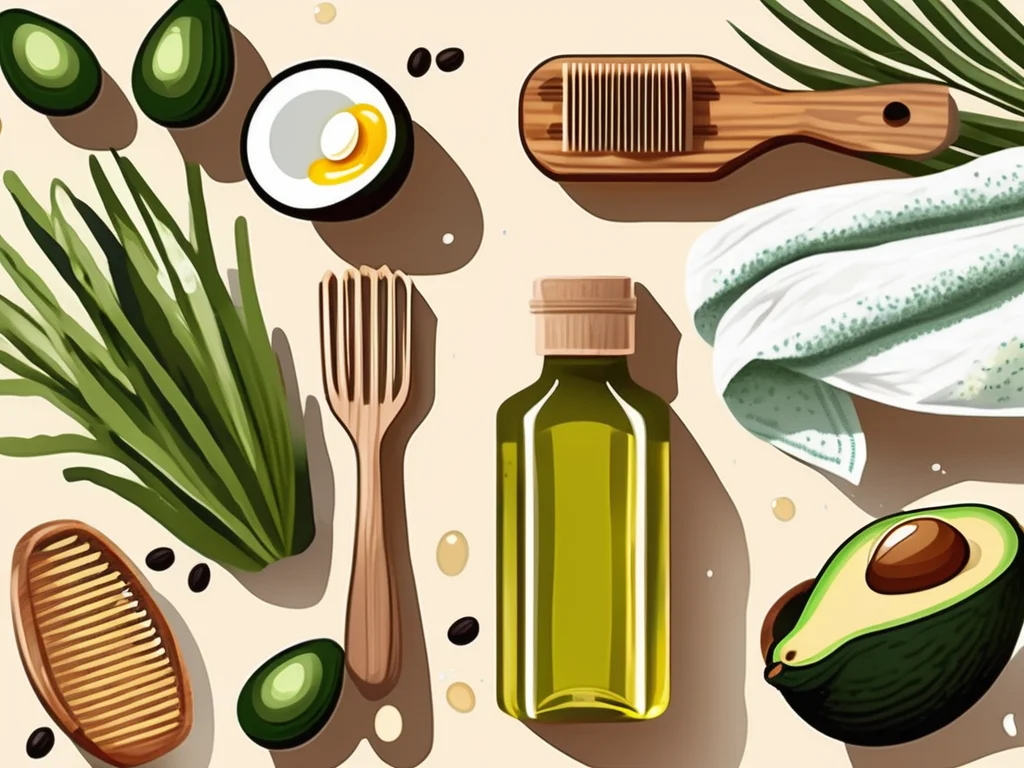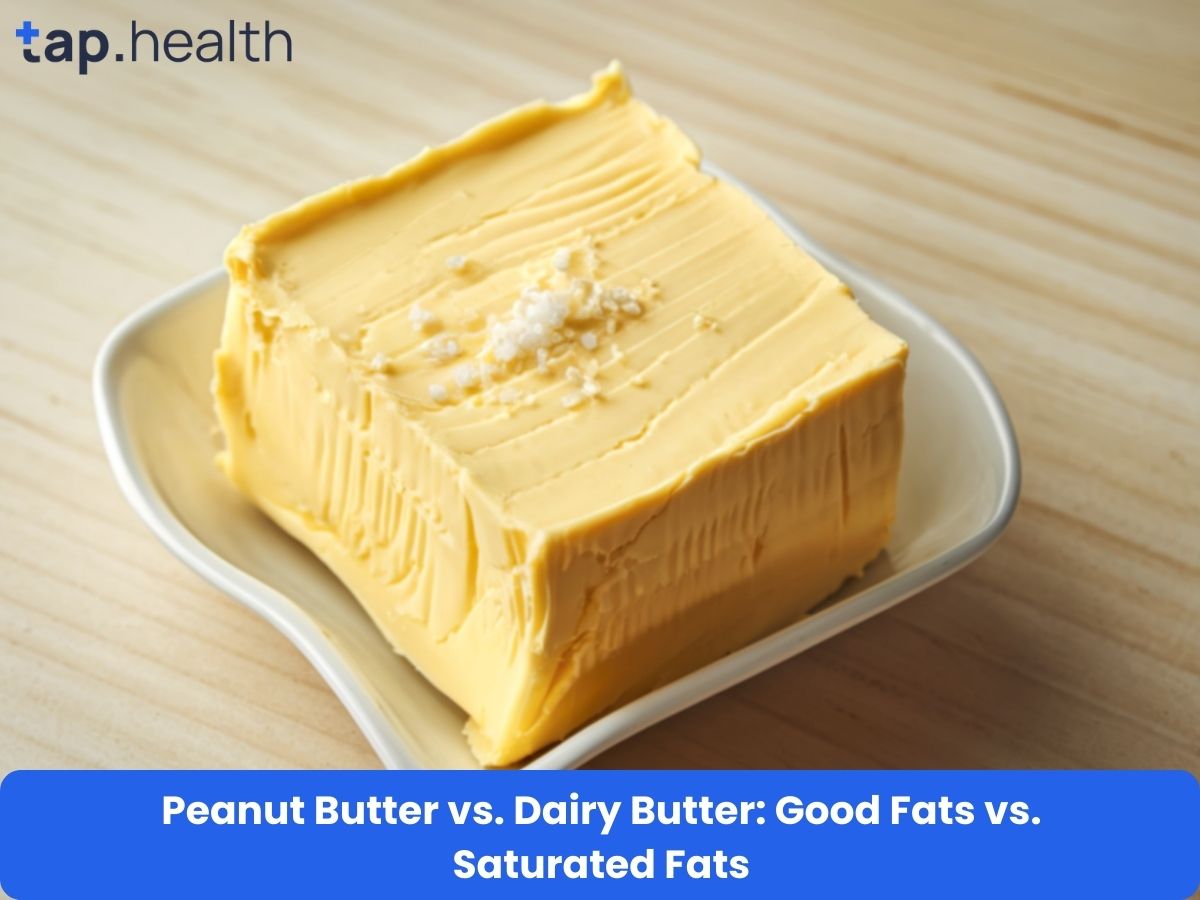Dry hair can feel like a never-ending battle, leaving strands brittle, dull, and prone to split ends. While commercial products promise hydration, natural home remedies offer a cost-effective, chemical-free solution to restore moisture and vitality. This guide explores the causes of dry hair, essential ingredients for hydration, and practical DIY remedies to achieve healthier, shinier locks.
What Causes Dry Hair?
Understanding why your hair is dry is the first step to treating it effectively. Several factors contribute to dryness, from genetics to environmental stressors and dietary habits.
Genetic Factors in Hair Dryness
Your genetic makeup influences your hair’s texture and natural oil production. For instance, tightly coiled hair, common in individuals with African ancestry, may struggle to distribute natural oils along the hair shaft, leading to dryness. In contrast, straighter hair types, often seen in Asian ancestry, may retain moisture better. While you can’t alter genetics, targeted care can help manage dryness effectively.
Environmental Stressors
Exposure to harsh weather—UV rays, wind, or extreme temperatures—strips hair of its natural moisture. Frequent heat styling with tools like flat irons or blow dryers exacerbates the issue. Hard water, rich in minerals like calcium, can also leave a drying residue on hair. Using protective measures, like hats or water softeners, can minimize these effects.
Diet and Hydration
A nutrient-poor diet lacking vitamins like biotin, omega-3s, or vitamin E can weaken hair, making it dry and brittle. Dehydration from insufficient water intake also affects hair moisture. Prioritizing a balanced diet and staying hydrated are key to maintaining healthy, hydrated hair from within.
People Also Ask: What deficiency causes dry hair? A lack of essential nutrients like biotin, omega-3 fatty acids, and vitamins A, C, and E can lead to dry, brittle hair. Staying hydrated and eating a nutrient-rich diet can help.
Essential Ingredients for Hydrating Dry Hair
Certain ingredients are powerhouses for restoring moisture and improving hair health. Incorporating them into your routine can make a significant difference.
The Power of Hydration
Hydration is critical for healthy hair. Drinking enough water supports internal moisture, while external treatments like hydrating hair masks lock in hydration. Ingredients like hyaluronic acid in masks act as humectants, drawing moisture into the hair and preventing dryness.
Vitamins and Minerals for Hair Health
- Vitamin E: Enhances scalp circulation and maintains natural oils, reducing dryness.
- Biotin (Vitamin B7): Strengthens hair and promotes moisture retention, reducing breakage. Incorporate foods like eggs, nuts, and avocados or use biotin-infused hair products for optimal results.
Natural Oils for Deep Nourishment
Natural oils penetrate the hair shaft, delivering intense hydration. Here’s how they work:
- Coconut Oil: Contains lauric acid, which nourishes and strengthens hair.
- Olive Oil: Rich in antioxidants, it seals in moisture and reduces frizz.
- Argan Oil: Packed with fatty acids and vitamin E, it adds shine and softness.
People Also Ask: Which oil is best for dry hair? Coconut oil is highly effective due to its ability to penetrate the hair shaft, but olive and argan oils are also excellent for hydration and shine.
10 DIY Home Remedies to Moisturize Dry Hair
These simple, natural remedies can transform dry, lifeless hair into hydrated, healthy strands. Try these at home for a budget-friendly solution.
1. Avocado and Honey Hair Mask
Ingredients: 1 ripe avocado, 2 tbsp honey, 1 tbsp yogurt. How to Use: Mash the ingredients into a smooth paste. Apply to damp hair, leave for 20 minutes, and rinse thoroughly. Why It Works: Avocado’s fatty acids hydrate, honey locks in moisture, and yogurt cleanses the scalp.
2. Coconut Oil Pre-Shampoo Treatment
Ingredients: 2–3 tbsp coconut oil, 2–3 drops lavender essential oil (optional). How to Use: Warm the oil, massage into scalp and hair, and leave for 1 hour or overnight before shampooing. Why It Works: Coconut oil penetrates deeply, reducing protein loss and adding shine.
3. Aloe Vera Scalp Treatment
Ingredients: 2 tbsp aloe vera gel. How to Use: Apply directly to the scalp or mix with your shampoo. Massage and rinse after 10 minutes. Why It Works: Aloe vera’s enzymes and vitamins hydrate and soothe the scalp.
4. Olive Oil and Rosemary Blend
Ingredients: 2 tbsp olive oil, 3 drops rosemary essential oil. How to Use: Massage into hair, leave for 30 minutes, and wash out. Why It Works: Olive oil seals moisture, while rosemary stimulates scalp health.
5. Rosewater Conditioning Mist
Ingredients: ¼ cup rosewater, 1 tbsp glycerin. How to Use: Mix and spray onto hair as a leave-in conditioner. Why It Works: Rosewater hydrates and adds a natural shine, while glycerin retains moisture.
6. Banana and Yogurt Mask
Ingredients: 1 ripe banana, 2 tbsp yogurt. How to Use: Blend into a paste, apply to hair, and rinse after 15 minutes. Why It Works: Bananas nourish with vitamins, and yogurt promotes scalp health.
7. Argan Oil Finishing Serum
Ingredients: 1 tsp argan oil. How to Use: Rub a small amount into the ends of damp or dry hair. Why It Works: Argan oil smooths frizz and adds a glossy finish.
8. Egg Yolk and Honey Treatment
Ingredients: 2 egg yolks, 1 tbsp honey. How to Use: Whisk together, apply to hair, and rinse after 20 minutes with lukewarm water. Why It Works: Egg yolks are rich in proteins, and honey hydrates.
9. Almond Oil Scalp Massage
Ingredients: 2 tbsp almond oil. How to Use: Massage into scalp, leave for 30 minutes, and rinse. Why It Works: Almond oil’s lightweight texture nourishes without weighing hair down.
10. Apple Cider Vinegar Rinse
Ingredients: 2 tbsp apple cider vinegar, 1 cup water. How to Use: Use as a final rinse after shampooing. Why It Works: Removes buildup from hard water, restoring shine and softness.
People Also Ask: How often should I use a hair mask for dry hair? Use a hydrating hair mask 1–2 times per week, depending on the severity of dryness, to maintain moisture without overloading your hair.
Tips for Maintaining Moisturized Hair
Beyond remedies, adopting healthy hair habits ensures long-lasting hydration and prevents further dryness.
Build a Moisturizing Hair Care Routine
- Shampoo and Conditioner: Use sulfate-free, hydrating products tailored to dry hair.
- Washing: Opt for lukewarm water to avoid stripping natural oils.
- Drying: Pat hair dry gently and use a wide-toothed comb to detangle wet hair.
Avoid Hair-Damaging Habits
- Limit heat styling and use a heat protectant when necessary.
- Avoid tight hairstyles or harsh chemical treatments that weaken hair.
- Brush gently to prevent breakage and moisture loss.
Choose the Right Products
Select products with moisturizing ingredients like shea butter, jojoba oil, or glycerin. Avoid those with sulfates or alcohol, which can dry out hair. Weekly deep conditioning treatments can further boost hydration.
People Also Ask: Can hard water cause dry hair? Yes, hard water’s mineral buildup can make hair feel dry and dull. Using a clarifying shampoo or apple cider vinegar rinse can help remove residue.
Additional Tips for Healthy, Hydrated Hair
- Protect from the Environment: Wear a hat or scarf in harsh weather to shield hair from UV rays and wind.
- Stay Hydrated: Drink 8–10 glasses of water daily to support internal hair moisture.
- Diet Matters: Include omega-3-rich foods (like salmon or walnuts) and biotin-rich foods (like eggs) for stronger, hydrated hair.
- Trim Regularly: Remove split ends every 6–8 weeks to prevent further damage.
People Also Ask: How can I prevent split ends in dry hair? Regular trims, minimizing heat styling, and using hydrating treatments like coconut oil or hair masks can prevent split ends and maintain hair health.
Conclusion
Moisturizing dry hair doesn’t require expensive products or salon visits. By understanding the causes of dryness—genetics, environment, or diet—and using natural ingredients like coconut oil, aloe vera, and avocado, you can create effective DIY remedies at home. Pair these treatments with a consistent hair care routine and healthy habits to maintain hydrated, vibrant locks. Start incorporating these tips and remedies today to transform your dry hair into healthy, shiny strands!



